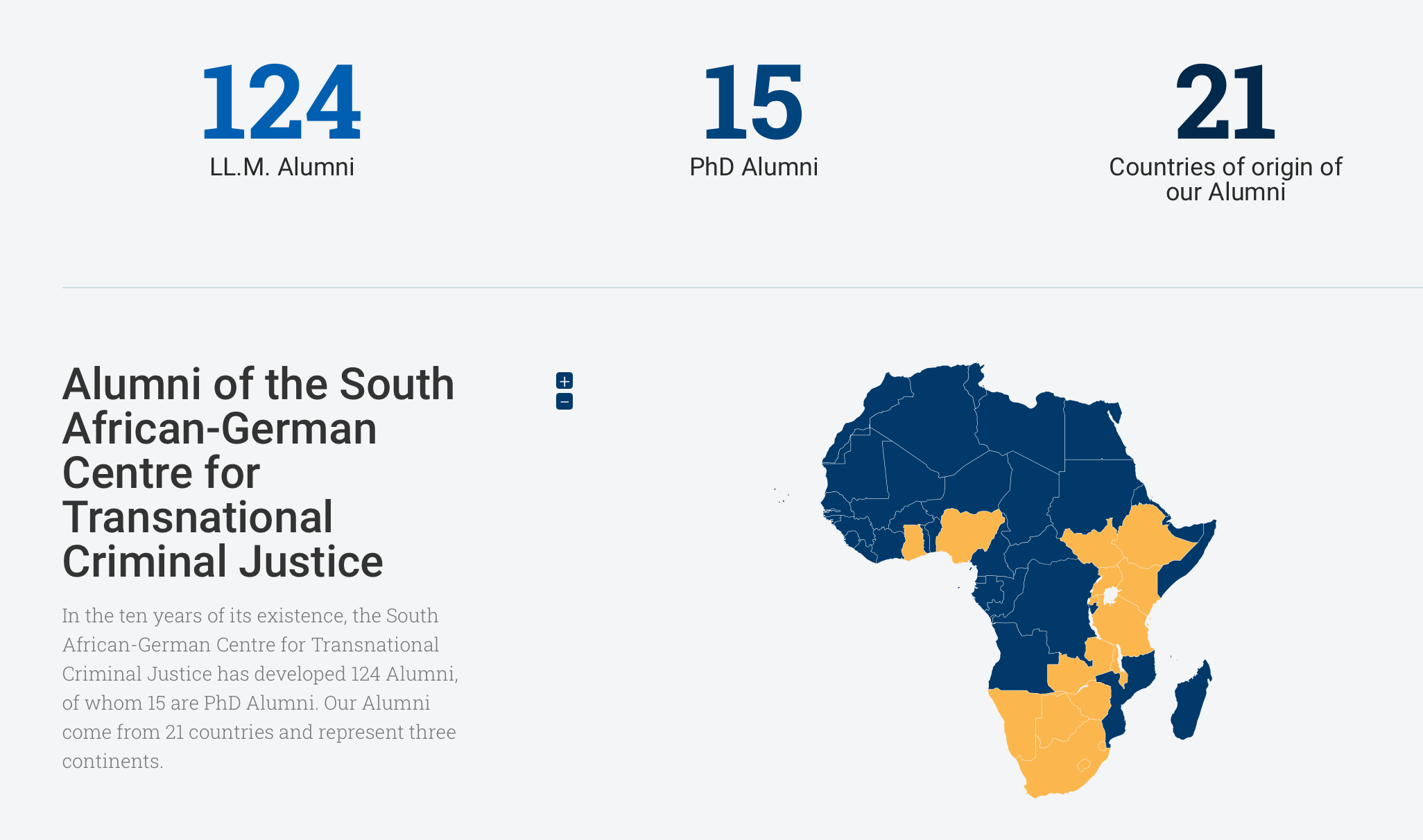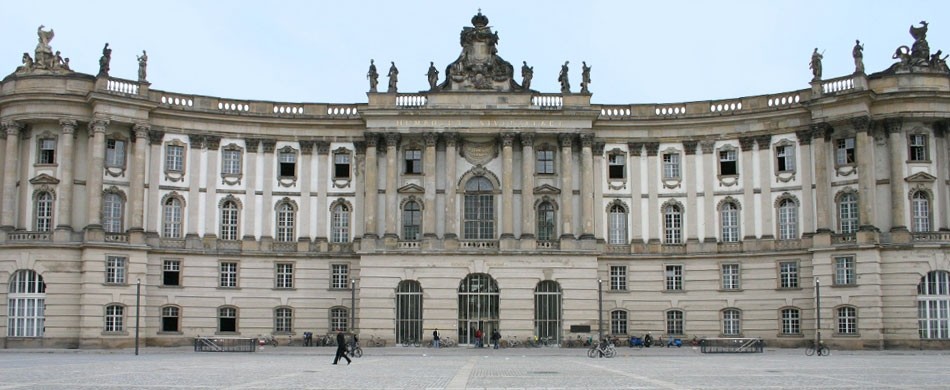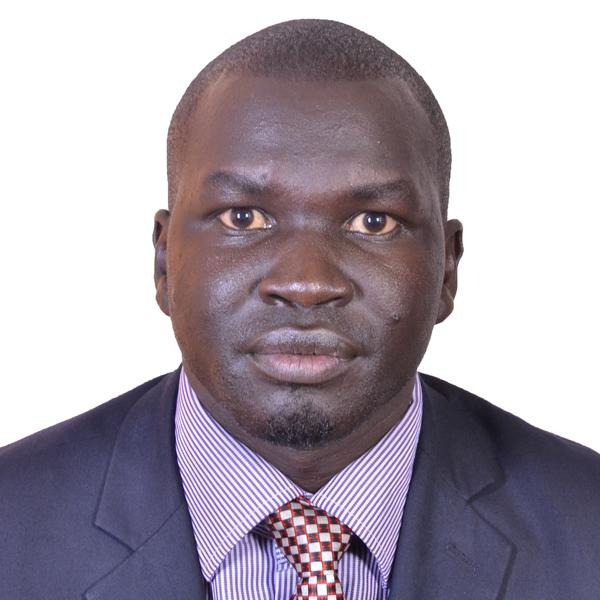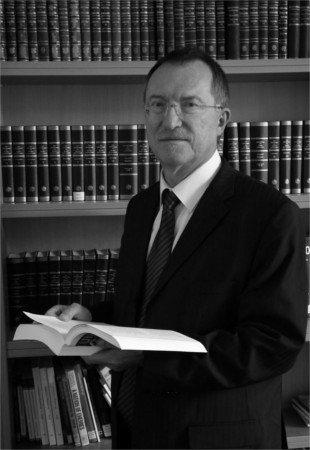Working Groups
The Network has established three Working Groups focusing on the main topics of the Network, namely International Criminal Law and Procedure, Transitional Justice, and Economic Crimes. Each Working Group is chaired by one or more of our Alumni and counselled by senior academics renowned in the respective field.
Working Groups can engage in a variety of activities. In particular, Working Groups take turns in organizing our annual conferences: They actively contribute to the call for papers, take part in selecting successful applicants and provide valuable input given their expertise in the field. Furthermore, they take part in joint publications, workshops and blog posts on current issues (to be published on our website), and research in the respective field of the Working Group.
The Network supports these activities with travel expenses, input by senior academics, and a platform for exchange and discussion. Alumni are encouraged to contact the Chairs with ideas for projects.

The History of the Center
The South African-German Centre for Transnational Criminal Justice (2008 – 2018) was one of seven Centres of African Excellence, supported by the German Academic Exchange Service with funds from the German Foreign Office. The Centre was based on a cooperation between Humboldt-University of Berlin and the University of the Western Cape (UWC) and was housed in the Law Faculty of UWC. It offered the LL.M.- and PhD-programme “Transnational Criminal Justice and Crime Prevention – An International and African Perspective”
The LL.M.-programme comprised the modules Transitional Justice, International Criminal Law, Law Relating to Organised Crime and Money Laundering, as well as International Anti-Corruption Law. The lectures were delivered by permanent teaching staff and visiting experts. During the mid-year vacation, the students travelled to Germany for a two-week summer school at the Humboldt University of Berlin. Students who passed all their modules and the research paper (final thesis) were awarded an LL.M. degree. At the end of the second semester, the candidates had to present a research paper (LL.M. thesis) in a module of their choice, which demonstrated the candidate’s ability to conduct independent research. Each year two scholarships for a PhD were offered to graduates of the LL.M. course or graduates of other Universities.











